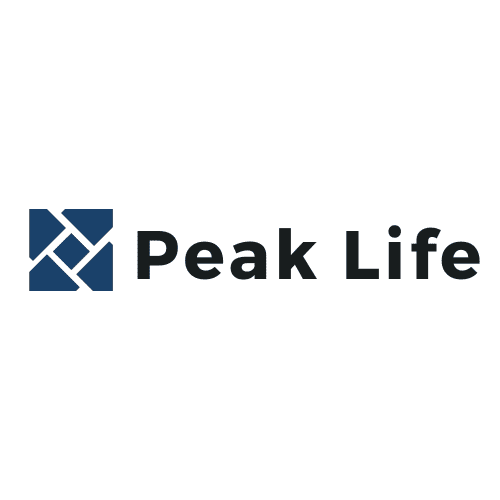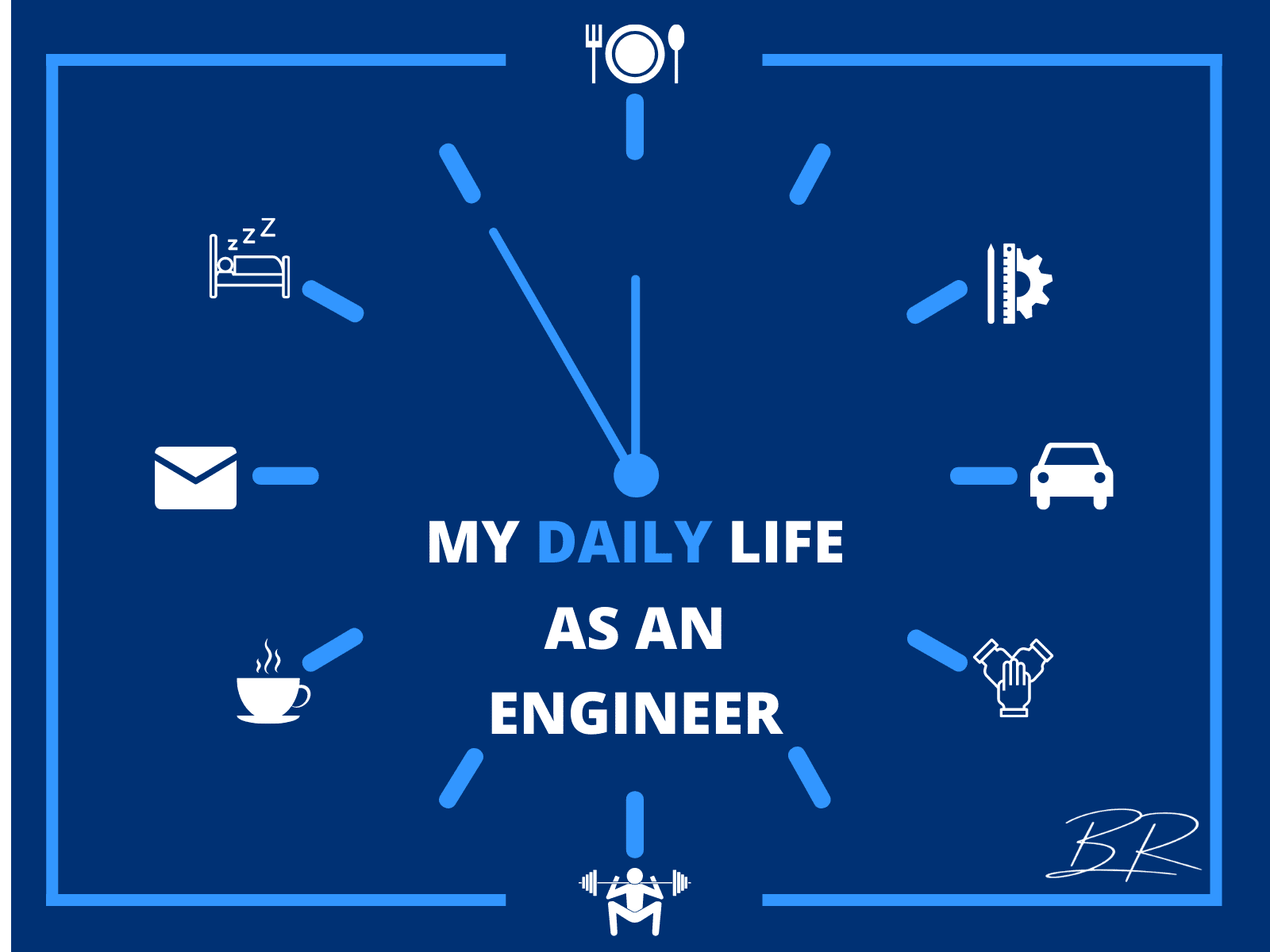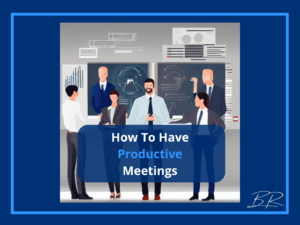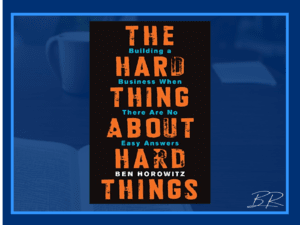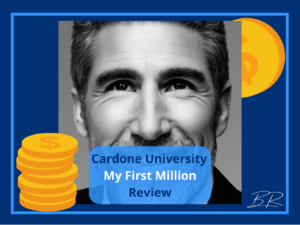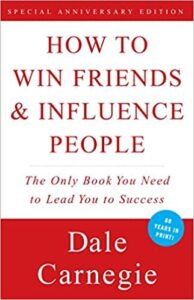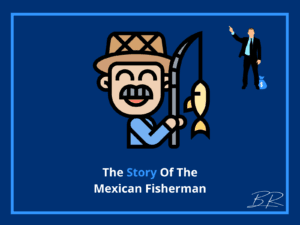My Daily Life as an Engineer
This post contains affiliate links that help supports this blog and cost you the exact same. If you do not wish to use affiliate links, then feel free to google the product.
I often get asked by friends, family, and perspective engineers what life is like as an engineer and what my daily life as an engineer looks like.
As a mechanical engineer, my days are always fast and full of new challenges. Of course, every day is a little different, but here is the general structure of a typical day in my life.
Please enjoy the read of a day in the life.

My Daily Life As An Engineer
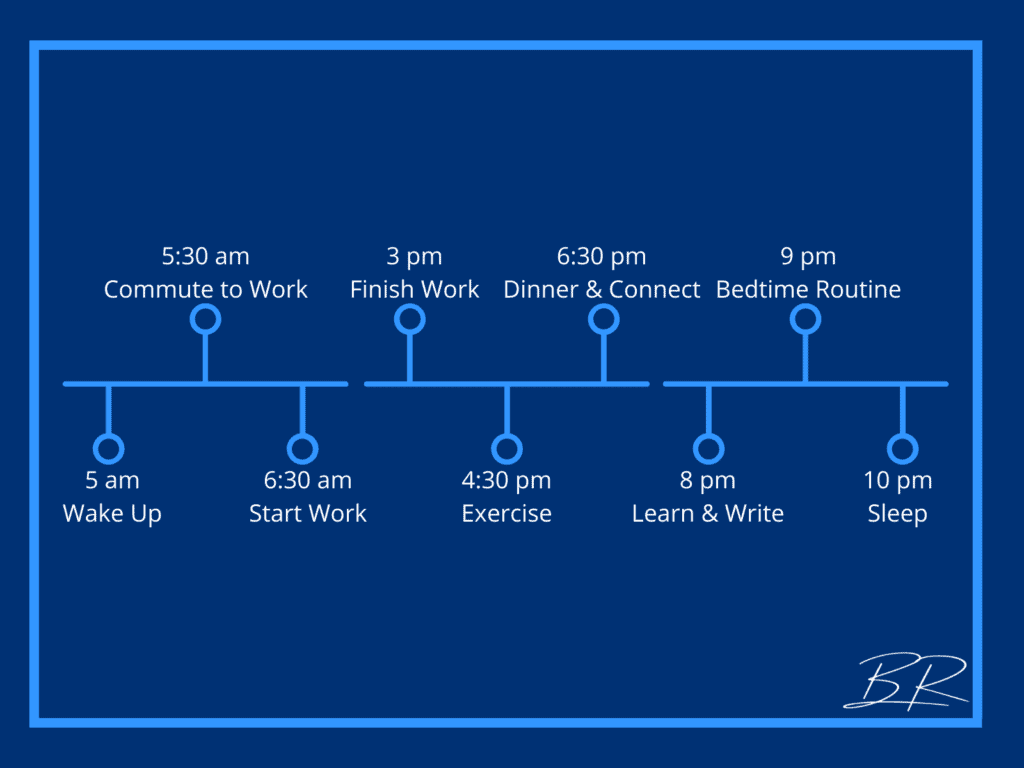
Morning Routine 5 am – 6:30 am
I’m an early riser (mostly because I need to be) and am up and at it by 5 am.
I start the day by washing my face, putting on some moisturizer (with SPF in the summer), and then I do my hair. Note: I have very sensitive skin so it has been a process to find the right skin and hair products that both work and do not irritate my skin. After many trials and failures here are my favorites.
My current favorite products are
I like to have a big glass of salted electrolyte water. The salty water helps get my body moving and hydrated for the day (LMNT Citrus Salt is my first choice, and Organika is my second).
I’ll then spend some time journaling in my five-minute journal (which I have been using for 5 years) about what I’m grateful for, what would make today great, and a daily mantra, which sets a positive tone for the day.
After that, I’ll do some quick stretching to get the blood flowing and help unlock my ribs and neck:
Stretches
10 Cat-Cow
10 Thread the Needle
10 Scapular Pushups
10 Samson Stretch
PS: if you struggle with sitting at a computer all day, I highly recommend reading Deskbound by Kelly Starrett. It is full of great tips to help reduce the damage caused by the modern world and so much sitting.
After stretching, I’ll make a cup of coffee for the road (typically an Americano and currently with my favorite beans from Eclipse roasters) and then I head to work.
PS: I skip breakfast and usually don’t eat until 10 am-12 pm. I find intermittent fasting streamlines my day and gives me more mental clarity at work.
Commute 5:30 am – 6:30 am
I am very lucky that my hour-long commute is beautiful and goes past several lakes and rivers. The traffic is often light, and the views are stunning.
During the drive, I love listening to audiobooks or podcasts. Audiobooks help me learn new things and are a great way to read books in otherwise unproductive time.
My current favorite podcasts are:
- Tim Ferriss – The Tim Ferriss Show
- Russell Brunson – Marketing Secrets
- Lewis Howes – School of Greatness
- Darren Hardy – Darren Daily
- Adam Grant – Work Life
Work Routine 6:30 am – 3 pm
I typically work from 6:30 am until 3 pm, with the first half hour spent organizing my tasks and my team’s priorities. I do this with three main methods (if you are looking for a more in-depth article on to-do lists, give this a read):
Task Management
Monday.com: our engineering team uses Monday.com as the main task management software. We use it to track every project, Engineering-Change-Order (ECO), update, and every task completed. I have tried many different project management software, and this has been my favorite. We assign either a project number or an ECO number to each task. Then we can use the built-in database to outline each subtask to be completed, upload all of the relevant information (like emails and PDFs), and quickly set the status to notify other team members when they are required on the project.
My notebook: with Monday.com acting as the master list, I use my notebook every day to lay out the priorities for the day, record my team member’s hours for payroll, and log what I work on each day as well as put any important upcoming due dates. My notebook acts as a way to focus all of the endless projects I have and keep me organized which helps improve my productivity and reduces the time spent wondering which project to work on next.
Slack channel update: we use slack as our intercompany messaging system, and we have a stand-alone channel for our engineering team. In our daily update, each member lists out their priorities from the previous day with notes on what they accomplished and their priorities for today. We do this so anyone on the team knows what each person will be working on and in what priority, in case they need a review or assistance or have a higher priority task that needs to be worked on first.
Emails
After my priorities are set, I will answer any urgent emails I didn’t get to from the day before.
A typical day has more emails incoming than I can answer, so it often feels overwhelming and I constantly have to pick which I am going to get to and which I need to let go of. The emails could range from requiring something small, like helping a customer with a drawing, or it could be a part of a massive project that will last months and require 100s of hours of work.
Helping my team
A large portion of my day is spent leading the team of engineers, other employees, and initiatives at work, essentially I spend a good portion of my day as a project manager. This can range from helping the team with Solidworks modeling, reviewing drawings, building a new tool to analyze data, working with the shop on a process or product improvement, or just checking in and seeing the team is doing.
Deep Work
Deep Work is something that I never seem to have enough time to do on a daily basis.
My main priority is to complete difficult and complex projects but this often gets trumped with everyone else’s priorities and problems. My deep work includes new product design, process improvement, and business development (like marketing, strategy, documentation, etc).
Regardless of how many interruptions occur I will spend at least half my day in Solidworks working on 3D models and drawings.
PS: If you haven’t read the incredible book Deep Work by Cal Newport you are missing out.
Work Day Summary
My day is dynamic but is always a combination of working with customers, creating new products, working with our production team, reviewing drawings and ideas for my team, improving our systems or ways of doing work, and professional development.
This combination requires both rapid task switching and uninterrupted deep work. The requirement for both of these is what I struggle with the most. At any one time, I may have 5+ customers trying to get a hold of me, with the same number of team members needing something, all while I am trying to concentrate and do deep work.
The best way I found to handle this is to set aside times for deep work that I let everyone know I am unavailable. Otherwise, I end up going all day bouncing from interruption to interruption: phone call to team’s call to slack messages to email.
Every day is different, and 99% of them are challenging, but I enjoy the variety in my work and the continuous room for growth.
The many different roles that I experience, entrepreneur / manager / technician, is outlined in detail in the great book, The E-Myth Revisited by Michael Gerber, which I recommend you read.
Evening Routine 3 pm-9 pm
Evening Commute
After work, I commute home, and depending on how spent I am from the day; I will pick an audiobook to listen to. If it was a rough day, I will typically listen to a memoir like Shoe Dog by Phil Knight or something else on the lighter side. On the other hand, if I have the capacity to learn, I will listen to something more actionable and impacting like Principles by Ray Dalio.
Workout Transition
Once I get home, I like to do some exercise to help me transition from the stress of the day. My favorites are running, CrossFit, or biking, but it could also be swimming at the beach or doing yoga.

Dinner
After my workout, I’ll make dinner for myself and my wife. We eat relatively simple but delicious food. 4/5 times it will be a couple of types of veggies and meat.
My all-time favorite is Ribeye Steak with Asparagus and Risotto.
When we are busier, we also use Goodfood (ps: the link gives you $40 in credit) which helps drastically cut down the time required for grocery shopping, meal prepping, and decision-making. Although I have found the portion sizes are a little too small to get enough for dinner and lunch the next day, it still is a net win.
Connection Time
My wife and I usually spend some time connecting by playing a game or watching a show together. With have such a full day it can be easy to run out of time so we always priorities spending quality time together.
Blogging and Learning
I’ll also typically spend an hour or two learning a skill or blogging. Sometimes I will have on a book or a video while cooking, which is a great use of otherwise non-productive time (provided I have the capacity). But I also try my best to write daily or as Seth Godin says ship my work. This helps me keep up with my blog in a sustainable way, and helps make me provide value to others outside of work.
Bedtime Routine 9 pm – 9:30 pm
Engineers are a practical bunch, and I’m no exception. After a long day of work, the last thing I want to do is spend hours winding down.
That’s why my bedtime routine is short and sweet. At about 9 pm, I start stretching out my muscles by either following a GoWOD stretch routing, using my Theragun or just doing some foam rolling and stretching what feels tight.
After that, I will take a quick shower to wash off the day’s dirt and have some quiet time to think and wind down.
I also like doing neck and shoulder stretches to help me relax and fight neck pain from sitting all day. So I have been religiously using the Iron-Neck to try to fix a long time of neck pain. And I also use Crossover Symmetry to help with my shoulder and neck issues.
Bedtime 9:30 pm – 5 am
Finally, it’s time for bed! I like to read for a bit before drifting off to sleep. Typically I will read a book that is informative but not too detailed or too engaging.
Something that I will enjoy reading but won’t keep me up. For example, I am currently rereading The Millionaire Fastlane (which I highly recommend).
Once my eyes start getting heavy, I will drift off to sleep and recharge my mind and body for another day. If you want to learn more about the power of sleep, give this article a read.
And there you have my typical day as an engineer.
FAQ
Do engineers have a good life?
Most engineers would say that they have a good life.
They get to solve problems and help make the world a better place. The engineering profession is highly respected, and many engineers I know feel they are making a difference in the world. Life as an engineer can be gratifying and satisfying. With a decent average salary, the life of an engineer is fun and full of adventure.
I have been very fortunate to be able to travel, live in a beautiful city, and have enough time off work to enjoy friends and family.
With the good, there are also many challenges that come with the job, but many of us feel that we are up for the challenge. We are constantly learning and growing as we work to make the world a better place. I am proud to be an engineer, and I believe that, in general, engineers have a good life.
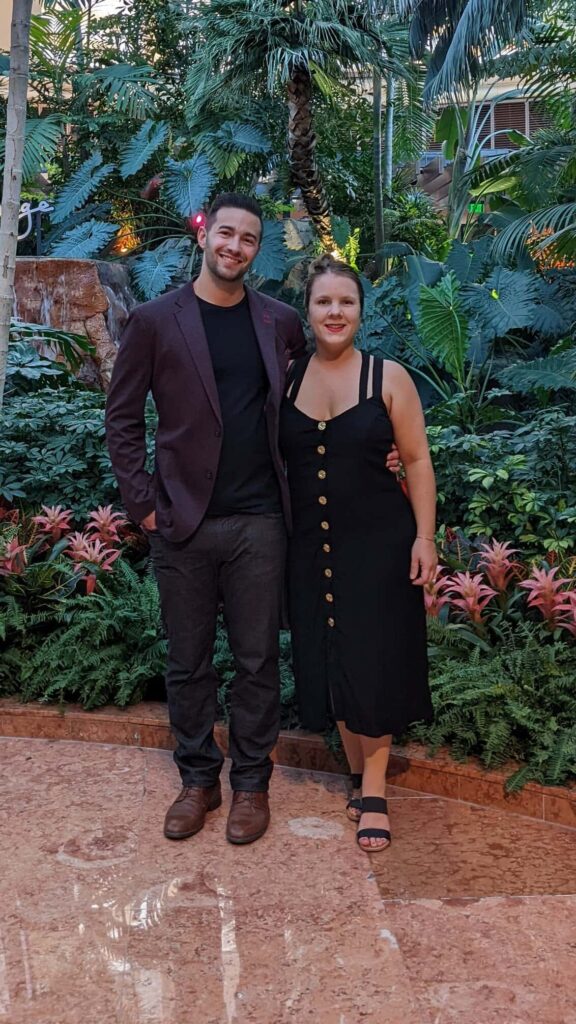
Is it worth it to be an engineer?
It is no secret that life as an engineer can be demanding.
With long hours and high levels of responsibility, it is not a career for everyone. But engineering can be immensely rewarding for those who are up to the challenge. A career in engineering is all about creative problem-solving, coming up with innovative ideas, accomplishing meaningful projects, and (hopefully) working with an incredible team.
If you are up for it, it absolutely is worth it to be an engineer.
PS: Here are 5 High Income Skills Engineers Should Learn
What does an engineer do?
Life as a mechanical engineer is fascinating and challenging.
There are many different types of engineers:
mechanical engineering
civil engineering
industrial engineering
computer engineering
electrical engineering
And each one will have its own unique roles; however, there are some commonalities.
They are all problem solvers who use their knowledge of science and math to find solutions to problems. The most successful engineers solve difficult problems in new and innovative ways. Engineers often work in teams, and so they spend a lot of their time trying to communicate clearly with their team (whether verbally, via email, on drawings, or in project management soft).
The exact day will be different for each type of engineer and their role in the company, but here are a few examples of typical tasks most engineers work on daily.
Product Design: This could be 3D models for manufacturing, code for software, hand sketches for buildings, etc
Communicating with clients: typically via email or phone
Performing calculations to see if a design will be safe
Project management: Keeping track of where projects are at and what tasks must be done, and by when
Researching and implementing new technologies: a part of engineering is continuous improvement and always finding a better way to work
Professional Development: With so many different projects, there are always new skills to develop (for example I am always trying to improve my communication skills)
The scope of almost all the careers in the engineering field is the same. Engineers design solutions to problems. So regardless of the type of engineer, they will be trying to solve someone’s problem.
Should I Become an Engineer?
Life as an engineer is very rewarding, and I do recommend it. You get to work on interesting projects, solve complex problems, and make a difference in the world.
However, it is not all roses. Engineering can be a demanding profession, and it is essential to be prepared for the challenges that come with it.
So, if you are considering becoming an engineer, here are some things to keep in mind.
Getting an engineering degree is very difficult and requires a massive amount of sacrifice. It is a much different university experience than some of the other degree options.
Engineering is a demanding profession. It requires long hours and hard work. If you are not prepared to put in the effort, it will be challenging to succeed.
Engineering is a challenging field. You will need to be able to handle complex problems and find creative solutions. If you are not up for the challenge, you may want to consider another field.
Engineering can be a rewarding career. You can make a difference in the world and help to improve people’s lives. If you are willing to work hard, it can be a very fulfilling profession.
So, should you become an engineer?
It depends. If you are willing to work hard, are detail-oriented, enjoy math and critical thinking, and are up for a challenge, an engineering career could be perfect for you.
